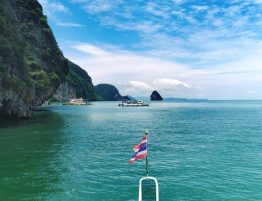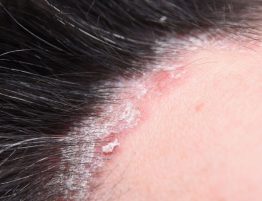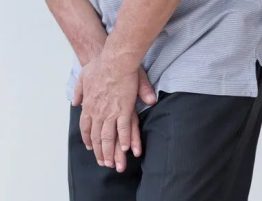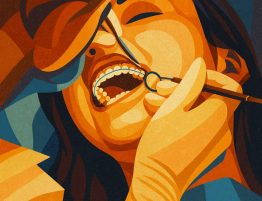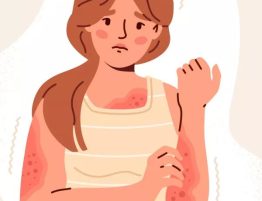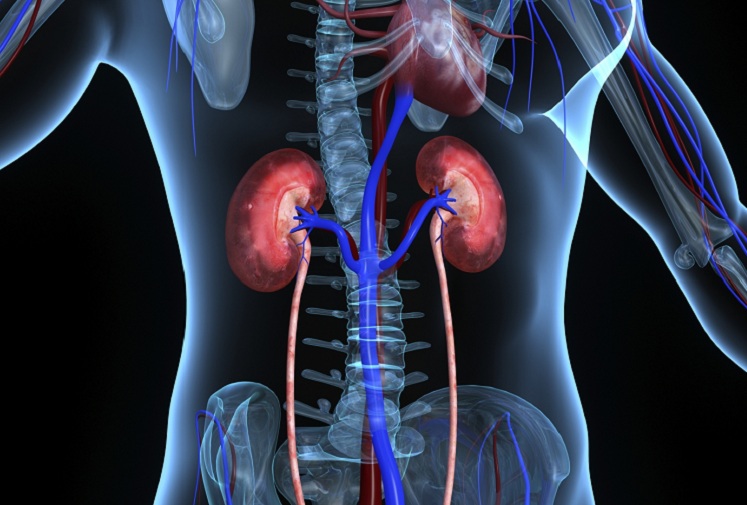
Kidney stones can develop in one or both kidneys and most often affect people aged 30 to 60. It is quite common, with around three in 20 men and up to two in 20 women developing them at some stage of their lives.
The medical term for kidney stones in nephrolithiasis, and if they cause pain it’s known as renal colic.
Symptoms
A kidney stone usually will not cause symptoms until it moves around within the kidneys or passes into the ureters — the tubes connecting the kidneys and the bladder. If it becomes lodged in the ureters, it may block the flow of urine and cause the kidney to swell and the ureter to spasm, which can be very painful. At that point the patient may experience these signs and symptoms;
- Severe, sharp pain in the side and back, below the ribs
- Pain that radiates to the lower abdomen and groin
- Pain that comes in waves and fluctuates in intensity
- Pain or burning sensation while urinating
Other signs and symptoms may include;
- Pink, red, or brown urine
- Cloudy or foul-smelling urine
- A persistent need to urinate, urinating more than usual or urinating in small amounts
- Nausea and vomiting
- Fever and chills if an infection is present
Pain caused by a kidney stone may — for instance, shifting to a different location or increasing in intensity – as the stone moves through the urinary tract.
Types of Kidney Stones
Types of kidney stones include;
- Calcium stones – Most kidney stones are calcium stones, usually in the form of calcium oxalate. Oxalate is a substance made daily by your liver or absorbed from your diet. Certain fruits and vegetables, as well as nuts and chocolate, have high oxalate content.
- Struvite stones – Struvite stones form in response to a urinary tract infection. These stones can grow quickly and become quite large, sometimes with few symptoms or little warning.
- Uric acid stones – Uric acid stones can form in people who lose too much fluid because of chronic diarrhea or malabsorption, those who eat a high-protein diet, and those with diabetes or metabolic syndrome. Certain genetic factors also may increase your risk of uric acid stones.
- Cystine stones – These stones form in people with a hereditary disorder called cystinuria that causes the kidneys to excrete too much of a specific amino acid.
Treatments
Treatment is tailored according to the type of stone. Urine can be strained and stones collected for evaluation.
Drinking six to eight glasses of water a day increases urine flow. People who are dehydrated or have severe nausea and vomiting may need intravenous fluids.
Other treatment options include:
- Medication
- Lithotripsy
- Tunnel surgery (percutaneous nephrolithotomy)
- Ureteroscopy
What We Offer
We at Almurshidi Medical Tourism will find the best doctors to cater to your needs. We are partnered with a wide network of hospitals and clinics that provide top quality medical experience.
We provide free medical estimates, make medical appointments, and provide several medical opinions if needed at no cost.
Contact Us
For more information contact us at +66822004040 or via WhatsApp

